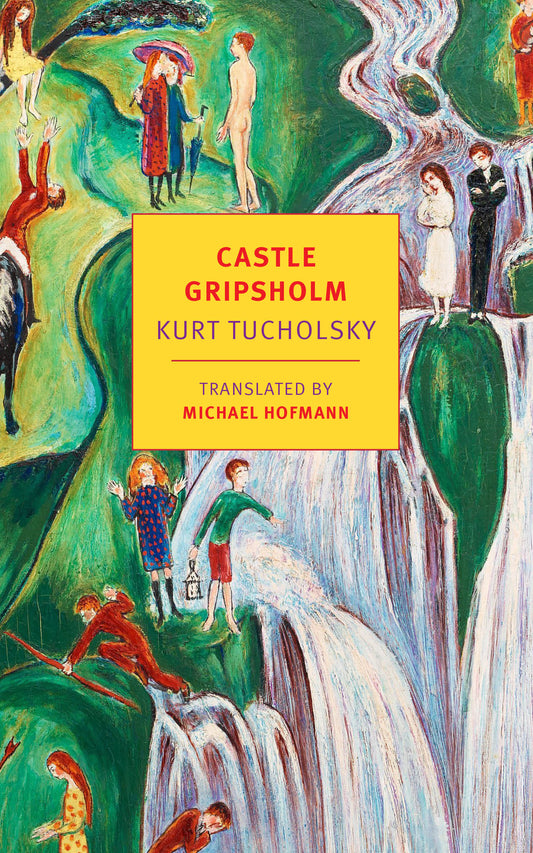Collection:
Kurt Tucholsky
Kurt Tucholsky (1890–1935) was born in Berlin to a middle-class Jewish family. He received a law degree from the University of Jena in 1915 and was conscripted to fight in World War I not long after. A notably poor soldier, his aphorism likening soldiers to murderers became a pacifist rallying cry. Tucholsky began his journalism career while still a student, and he found success writing in a range of forms, including the feuilleton, criticism, satire, poetry, and lyrics for cabarets. Under both his name and various pseudonyms, his work frequently appeared in the leftist intellectual organ Die Weltbühne (the World Stage), to which he would contribute on and off for the rest of his life. Tucholsky’s collected writings amount to thousands of pages and include a play, Christopher Columbus (1932); an illustrated book, Deutschland, Deutschland über alles (1929); and two works of fiction, Rheinsberg (1912) and Castle Gripsholm (1931). He was married twice, to Else Weil from 1920 to 1924 and to Mary Gerold in 1924. In 1933, his last piece for Die Weltbühne appeared in January; by August his German citizenship had been annulled and his books burned en masse. The Nazis had denounced him as “one of the most wicked of literary pornographers.” He divorced Mary to distance her from Nazi persecution and lived in exile in Sweden on short-term visas under threat of deportation, where he died from an overdose of sleeping pills. There are two annual literary awards given in his name: the Swedish PEN Tucholsky Prize and Germany’s Kurt Tucholsky Prize.





